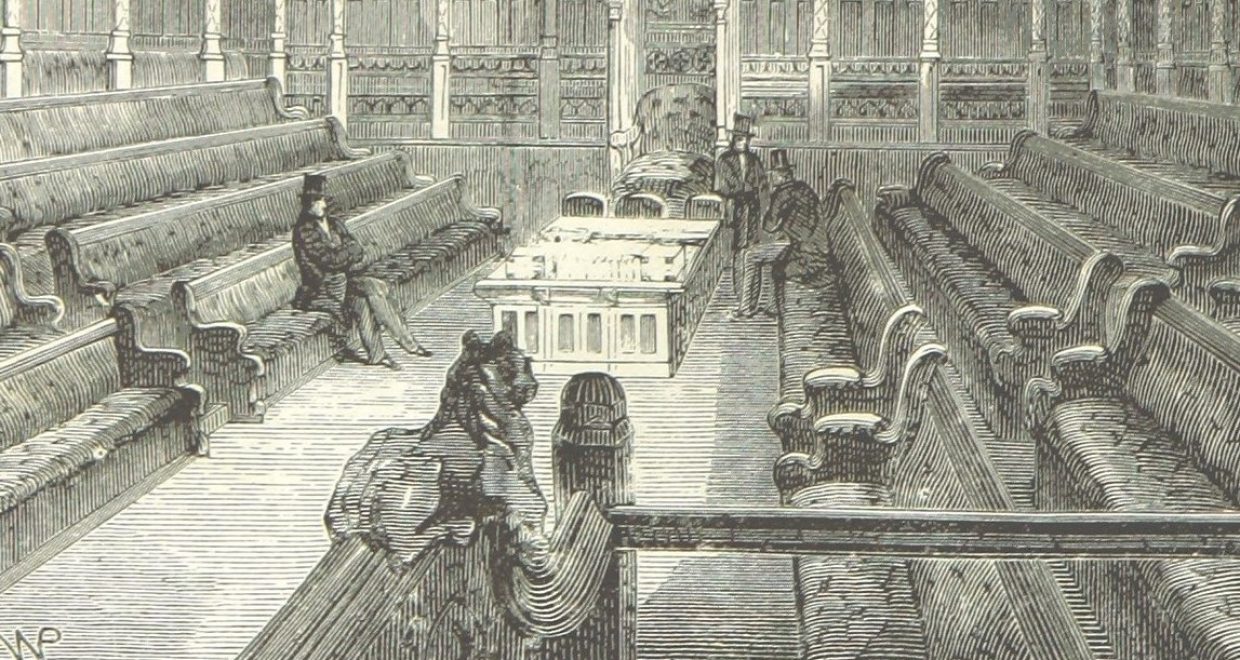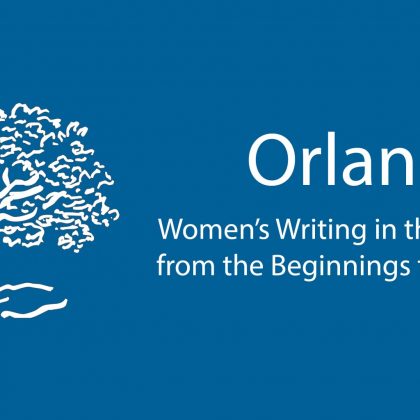Politics in schoolgirl debating cultures in England, 1886-1914
This blog accompanies Helen Sunderland’s Historical Journal article Politics in Schoolgirl Debating Cultures in England, 1886–1914
This house believes ‘That the present difficulty in Ireland can only be satisfactorily settled by the introduction of Home Rule’. ‘That a State system of socialism is neither possible, profitable, nor progressive’. ‘That it is undesirable that the Suffrage should be extended to women’.
These are just a handful of the political motions that middle-class secondary schoolgirls tackled in their debating societies in late-nineteenth and early twentieth-century England. Schoolgirl debaters were politically knowledgeable and articulate, holding each other to a high standard in their discussions. They challenged the idea that rational, political debate was the preserve of adult men. Surprisingly, adolescent girls debated ‘masculine’ political subjects – from parliamentary and constitutional politics to fiscal and imperial policy – more than ‘feminine’ topics like local government and social reform. Girls’ political exchanges in the debating chamber unsettle many of our assumptions about women’s politics in the period.
This article argues that the school debating chamber offered girls a unique space to develop and express political opinions. Schoolgirl debaters enjoyed an interactive and embodied political education decades before women had the parliamentary vote. Debating trained schoolgirls through and for political activities. Schoolgirl debaters developed valuable political skills in public speaking and organisation, equipping them for the public roles that would be open to them as adult women.
School debates are just one example of how the histories of education and childhood can shed light on political change. These debates were an important precursor to the work suffrage organisations undertook after some women gained the parliamentary vote in 1918 to educate women voters about politics. But, as the article explains, a key part of the political socialisation of some of the first generation of women voters took place earlier, at school.
This was not just a middle-class story. Over time, the elementary school penchant for scripted ‘entertainment debates’, where school pupil performers became mouthpieces for adult political satire, gave way to child-led intellectual exchanges. From the early twentieth century, younger, working-class girls also found their political voice in school debates, under the guidance of progressive teachers.
Through parliamentary debates, schoolgirls staked a powerful claim to their right to voice opinions on the most important political issues of the day. In their mock Houses of Commons, girls sat as MPs and took sides in party debates on real-life bills that were being discussed by their Westminster counterparts. Pupils co-opted the traditions of parliamentary satire in their political reporting in school magazines. They embraced the material and sartorial culture of parliamentary performance. In their re-created Commons chambers, schoolgirls showcased their remarkable familiarity with the world of Westminster.
Main image: Extract from image of House of Commons interior, British Library



